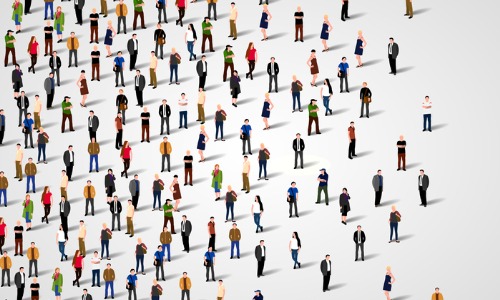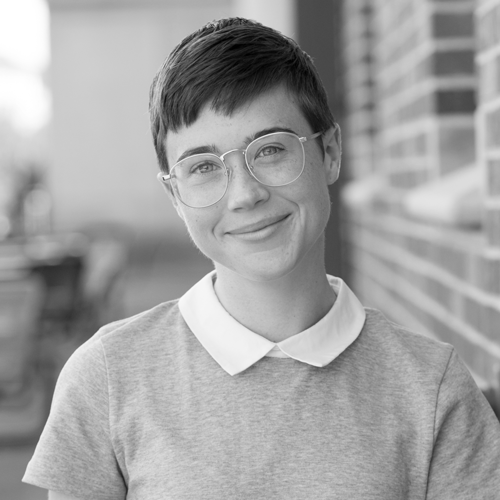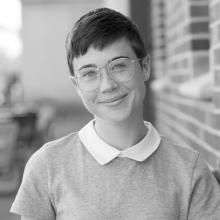Civil Justice for All Report Offers Recommendations to Close Justice Gap
 In September, the American Academy of Arts & Sciences released Civil Justice for All, a report stemming from their Making Justice Accessible project. The report examines the United States’ ever-widening access to justice gap and offers seven recommendations geared toward closing it.
In September, the American Academy of Arts & Sciences released Civil Justice for All, a report stemming from their Making Justice Accessible project. The report examines the United States’ ever-widening access to justice gap and offers seven recommendations geared toward closing it.
Americans, especially those with low income, face a slew of hardships related to housing, employment, debt, and healthcare—all of which have been exacerbated by the COVID-19 pandemic. And despite the fact that there are “legal protections intended to safeguard against these problems,” they are too often “difficult to exercise, or hidden to anyone who does not have legal training or skills.” As a result, those in most need of legal assistance are often those who go without. They either don’t have the money to hire a lawyer, don’t know how to navigate the system on their own, or don’t even realize they have a legal problem at all. Combined, these factors contribute greatly to the access to justice gap.
“The civil justice gap reinforces the inequalities that already undermine our society,” the report states. “At-risk populations—by income, race, gender, and education level—cannot receive justice if they cannot access even basic legal advice. The outcomes—evictions, family separations, job loss, and other hardships—are often catastrophic.”
In an effort to abet this, the Civil Justice for All report offers seven recommendations:
- Dedicate a consequential infusion of financial and human resources to closing the civil justice gap, and seek a significant shift in mindset—extending beyond lawyers the duty and capacity to assist those with legal need—to make genuine strides toward “justice for all”
- Increase the number of legal services lawyers who focus on the needs of low-income Americans
- Increase the number of lawyers providing pro bono and other volunteer assistance, to supplement the corps of legal services lawyers
- Bring many new advocates—service providers who are not lawyers—into the effort to solve civil justice problems
- Foster greater collaboration among legal services providers and other trusted professionals—such as doctors, nurses, and social workers
- Expand efforts to make legal systems easier to understand and use through the simplification of language, forms, and procedures and the wider use of technology
- Create a national team, or even a new national organization, to coordinate the efforts listed above, collect much-needed data on the state of civil justice, and help identify and publicize effective innovations that improve access
While the report does ascertain that more legal aid lawyers and pro bono work are part of the solution, it stresses that these are not—and cannot be—the entire solution (which IAALS also stresses). “The need is too great to rely exclusively on bar-enrolled lawyers to handle every legal matter,” the report reads. “And civil justice advocates of many kinds have already proven their abilities to deliver valuable services, sometimes at strikingly lower costs than lawyers.”
Legal technicians in Washington State and court navigators in New York City are two examples of civil justice advocates who have made a difference in their communities by providing affordable legal services and assisting unrepresented litigants in a variety of legal matters. However, the biggest obstacles to the recruitment, training, and engagement of a higher number of civil justice advocates, according to the report, are state rules related to the unauthorized practice of law.
A couple states have recently amended rules like these in order to address their justice gaps; in August, the Utah Supreme Court voted to establish a regulatory sandbox (based on principles developed by IAALS’ model) for nontraditional legal services providers—including entities with investment or ownership by professionals other than lawyers—and in September, the Arizona Supreme Court voted to eliminate its ethics rules barring nonlawyers from having an economic interest in law firms or participating in fee-sharing, and streamlined rules governing how lawyers can advertise and connect with potential clients. Arizona also approved a new category of nonlawyer licensee called Legal Paraprofessionals (LPs), who will be able to represent clients in court. These developments and others are a promising sign that the legal profession is moving toward embracing new advocates as a way to solve civil justice problems.
The need to finally close the civil justice gap has never been more apparent. As the COVID-19 pandemic exacerbates what was already a massive problem, the United States is facing a surge of unmet legal needs the likes of which has never been seen. The Civil Justice for All report is a poignant reminder of how far we have to go in order to achieve our country’s ideal of justice for all—but we do have steps to get there.


